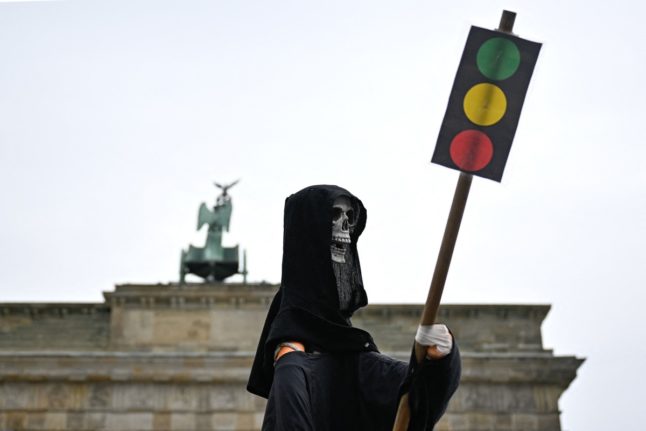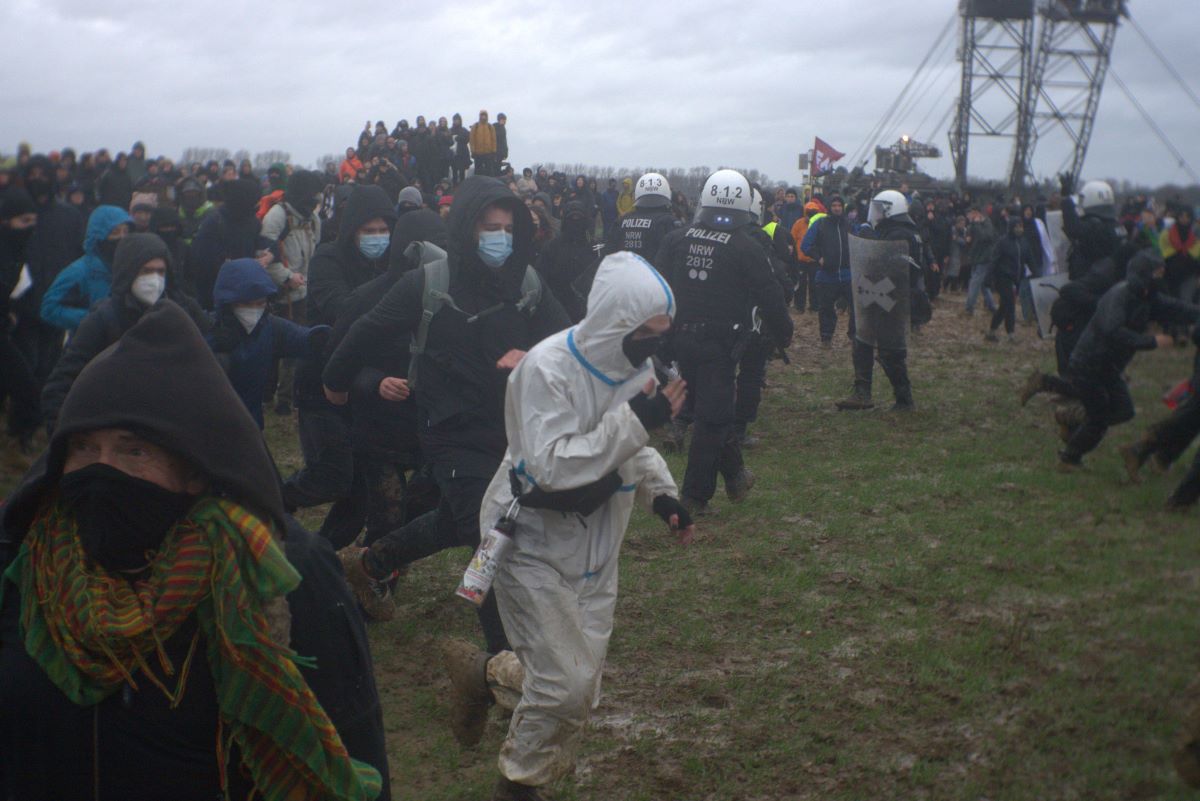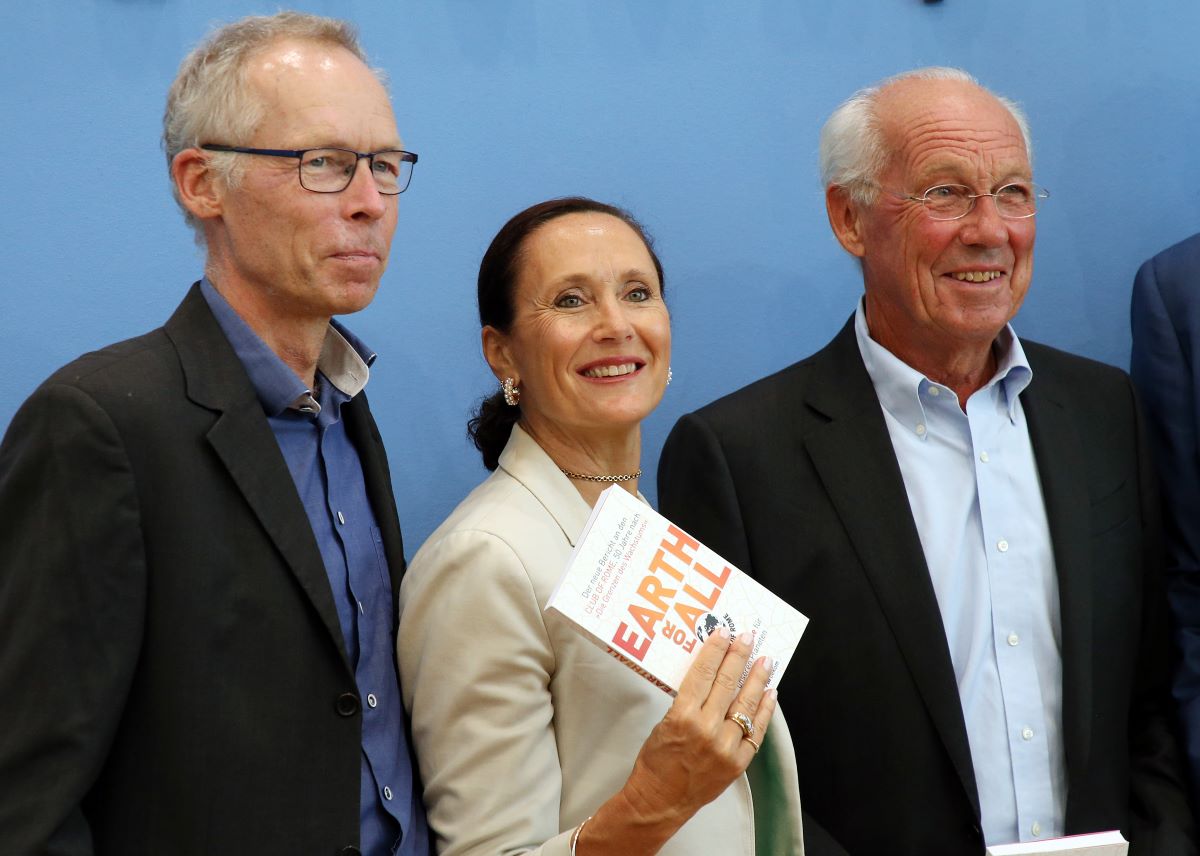At Saturday’s awards ceremony, several winners were accused of making anti-Semitic remarks on stage in relation to Israel’s military assault, which began after an attack by Palestinian militant group Hamas.
The Hamas attack on October 7 killed 1,160 people in Israel, mostly civilians, according to an AFP tally of official Israeli figures.
Israel’s retaliatory military offensive has killed at least 29,782 people in Gaza, mostly women and children, according to the Hamas-run health ministry.
US filmmaker Ben Russell, wearing a Palestinian scarf, accused Israel of committing “genocide” with its bombardment of the densely populated Gaza Strip.
Palestinian filmmaker Basel Adra said the Palestinian population were being “massacred” by Israel, to applause from the audience.
“It is unacceptable that… the terrorist attack by Hamas on 7 October was not mentioned,” government spokeswoman Christiane Hoffmann told a press briefing in Berlin on Monday.
Chancellor Olaf Scholz “agrees that such a one-sided stance cannot be allowed to stand”, she said.
READ ALSO: German Chancellor vows to tackle anti-Semitism
“In any debate on this topic, it is of course important to keep in mind the event that triggered this renewed escalation of the Middle East conflict — namely the Hamas attack on 7th October,” she said.
The culture minister and the Berlin mayor will review what happened and hold talks with the festival’s incoming director to ensure it does not happen in future, she said.
But Culture Minister Claudia Roth and mayor Kai Wegner have also found themselves in hot water over the ceremony.
A report in top tabloid Bild carried a picture it said showed the pair applauding Adra’s remarks.
Germany — influenced by its own dark history during World War II, when millions of Jews were killed by the Nazis — has steadfastly backed Israel following the October 7 attack.
The festival, known as the Berlinale, receives substantial government funding.
Asked whether the funding would now be reviewed, Hoffmann said the current focus was on ensuring such incidents were not repeated.
After controversy erupted at the weekend, the film festival put out a statement late on Sunday saying that winners’ remarks were “independent, individual opinions (which) in no way reflect the position of the festival”.
But, it added, “We understand the outrage, and that the statements of some of the award winners were perceived as too one-sided.”





 Please whitelist us to continue reading.
Please whitelist us to continue reading.
The utter lack of any respect for the concept of freedom of speech or political thought by top politicians is so horrifying.